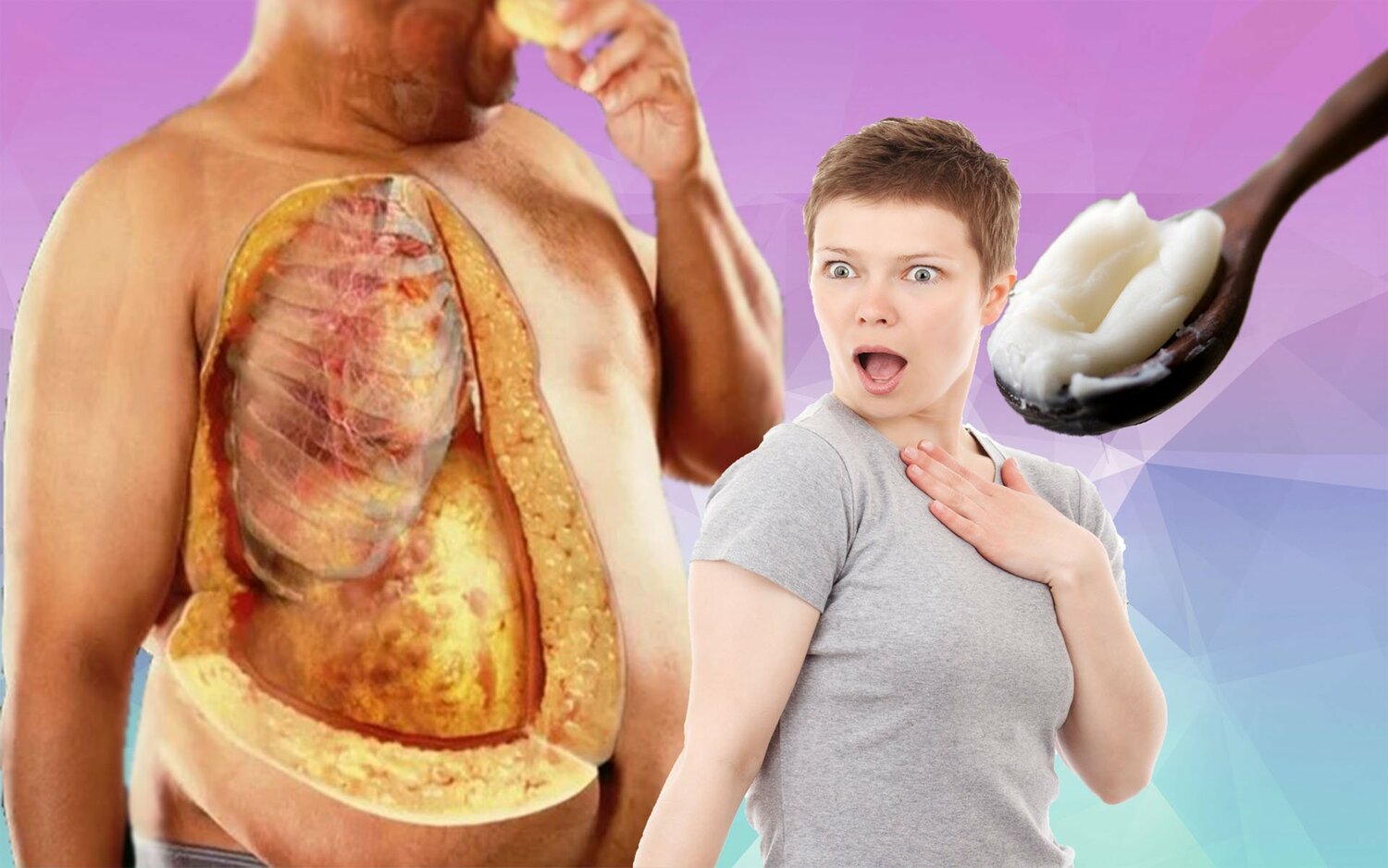How we're used to thinking: "I need to cut/gain lean mass, which means it's best to eat less fat. It's terribly caloric, fat goes to fat (sounds quite logical), and in general fat causes high cholesterol (everyone knows this). Better to add more protein!"
How it really is. A quite popular misconception. Moreover, not only tough bodybuilders agree with it, but everyone in general.
It seems everything is clear. Fat is caloric (9 kcal per 1 gram). Fat raises our cholesterol. And in general fat is yucky, it hangs on the sides and changes your "fit" body into "fat".
But fats have two vitally important properties. And if the first is usually neglected, not everyone knows about the second.
What are fats needed for in the diet:
✏Without fats, fat-soluble vitamins aren't absorbed, surprisingly. It would seem, who even thinks about them? Well maybe some ladies obsessed with supplements. But definitely not serious guys with steel cans.
And that's the problem.
Let's give a definition of fat-soluble vitamins:
Fat-soluble vitamins are vitamins A, D, E, K, which are vital micronutrients necessary for normal cell function, protein, fat, carbohydrate and electrolyte metabolism, various enzyme systems of the body, oxidation-reduction processes, blood clotting, growth and development. Vitamin deficiency has a serious negative impact on human health and the function of many organs.
Conclusion. Without fats in the diet (or with their deficiency), we're not "cutting," we're creating harsh stress for the body. And this can end not just with the usual plateau on a cut, but with real health deterioration. Few fats—few vitamins.
✏Without fats, sex hormones cannot be synthesized. Yes, yes, what kind of gains (whether lean or not) can we talk about if due to fat deficiency there won't be sufficient synthesis not only of testosterone, but of steroid hormones in general?
Few know, but it's precisely cholesterol that is the primary precursor of testosterone. In men the deficiency is less obvious, at the level of energy decline. Women, lovers of fat-free diets, often suffer from complete absence of menstrual cycle. Since without fats there is not, and cannot be, normal hormonal background.
A particularly bad idea is cutting without doping, against the backdrop of a fat-free diet. With proper persistence, you can achieve a hormonal pit, and instead of fat we'll rid the body of muscles.
👨⚕As you can see, we still need fats, and this isn't some kind of unnecessary ballast.
An important question arises—how much? How much fat do we need for our vital activity?
For some reason everyone got attached to the postulate "1 gram of fat per 1kg of weight." Moreover, a very harmful stereotype even formed. As if this is even the maximum value, almost for bodybuilders on a bulk. Although in reality, in real dietetics, such a figure is minimal even for simply losing weight people. And this is without physical activity!
💡The fact is that 1g/1kg is actually the minimum at which hormones are normally synthesized and vitamins are absorbed. Reducing the fat portion even more is simply impossible. It's harmful.
The correct norm, even for athletes working on definition, is the range from 1.2 to 1.5 grams of fat per 1kg of weight. Since actively training athletes have higher needs. Essentially, for them this is already the minimum anyway.
If we're talking about active gaining, and no, not fat mass. Quite lean, quality gains. Then in this case 2 grams per 1kg of weight won't be rare at all.
But there's one subtlety. The fat portion should be calculated based on lean body weight. For example, if you weigh 100kg, of which a good 20kg is excess weight, then the fat norm should be calculated based on 80kg—your body's lean weight.
Such are the matters, my friends. So much for "some fats." And this is just a small grain from the world of real dietetics. But we're not saying goodbye, there's still a lot of interesting stuff ahead ;)
Have questions or just want to discuss the article material?
Write to me anytime and I'll definitely try to help you!
For all types of communication:
